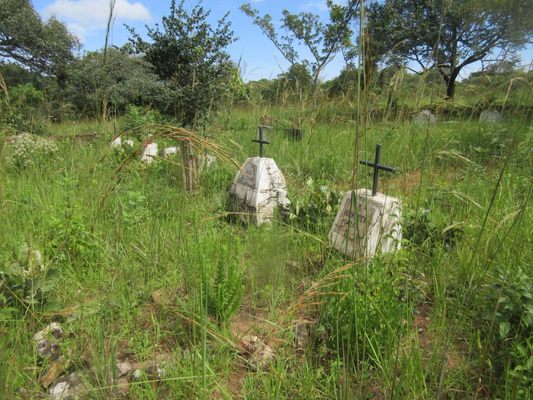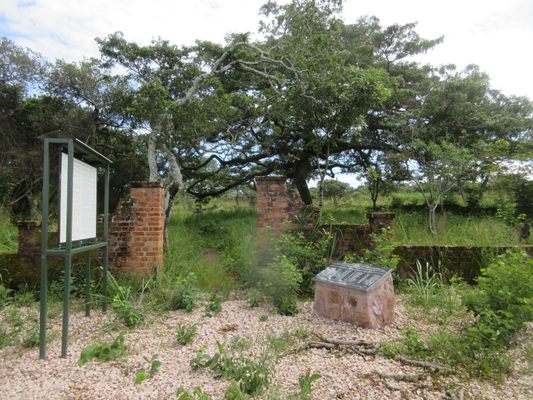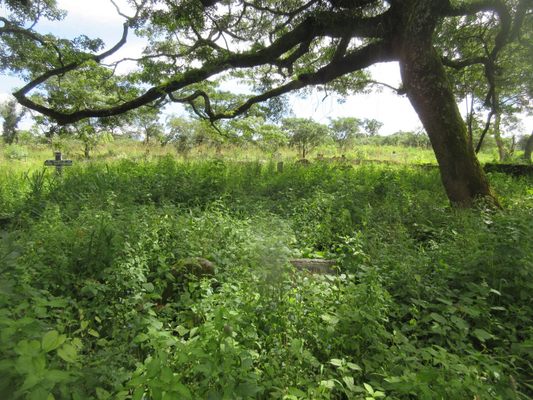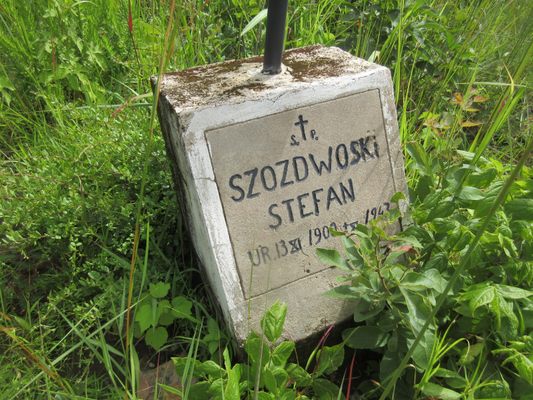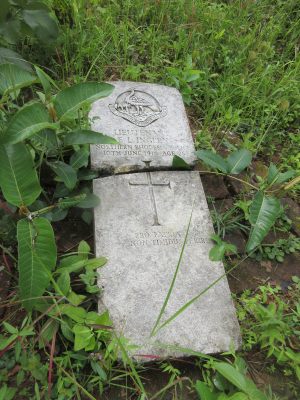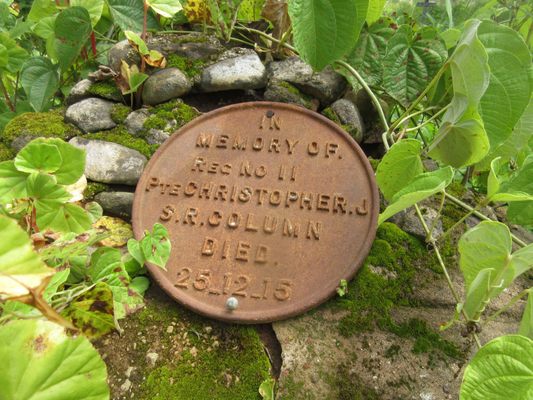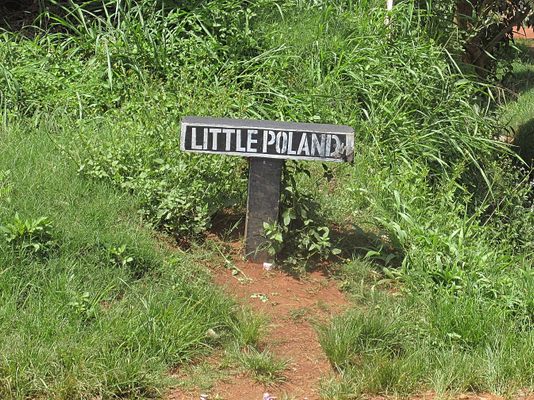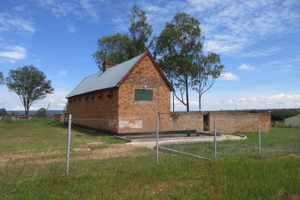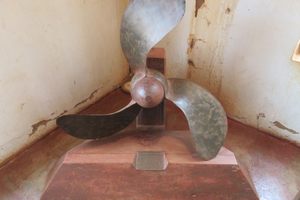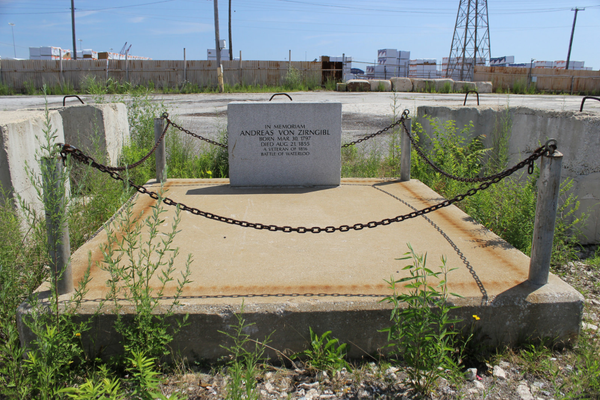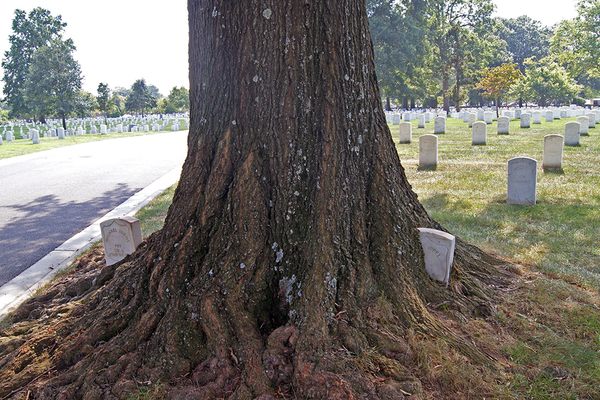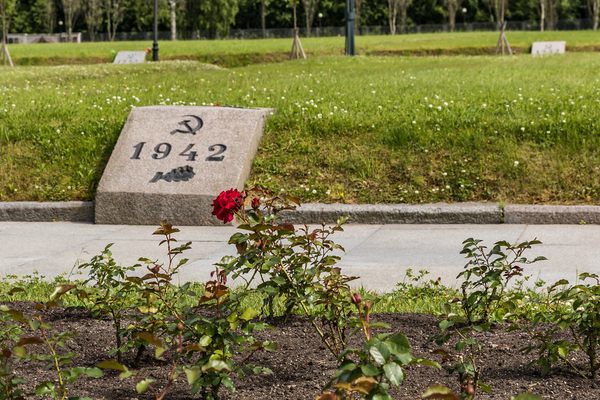About
Due to its strategic location, Mbala was one of the first places that the British colonial administration established an outpost in Africa's Great Lakes region. The outpost was located on the site of Chief Zombe's village in 1893 and was dubbed Abercorn. This long colonial history is reflected in the graves found today at the Pioneer Cemetery on Cemetery Hill, across the Lucheche river and overlooking the town of Mbala.
The oldest graves at the cemetery are those of the early colonial administrators. The most famous of these is the grave of Hector Croad, the District Commissioner for Kasama, who was tireless in mapping and exploring the region. The maps he made would prove vital during World War I, as they were often the only maps available for the area. Croad was later chosen to deliver a telegraph to the commander of the German forces in the area, General Von Lettow-Vorbeck, informing him that the war was over. The general, unbelieving that this could be true, asked to send a telegram to the Kaiser, to which Croad replied: "There is no Kaiser."
The bodies of the military personnel that died fighting in the area were originally buried in the Pioneer Cemetery. After the war, these bodies were exhumed and re-buried at the Commonwealth War Graves Cemetery in Ndola, Zambia. A plaque outside the cemetery describes the military service of the 29 service members originally buried at the cemetery.
A more surprising set of graves are those of a number of Polish refugees. During and after the Second World War, a number of Polish refugees fleeing the Soviet Union were settled in various parts of Southern Africa. The last of these camps was located in Mbala from 1943 until 1948. The site was dubbed "Little Poland," and housed approximately 600 Polish refugees. The camp is remembered by Little Poland Street in Mbala, and by 18 graves of Polish refugees in the Pioneer Cemetery. These graves were restored by the Polish Embassy in South Africa in 2015, and are marked with white gravestones and steel crosses.
The Pioneer Cemetery still sees the occasional burial, though most burials now take place at the nearby Mutambilike Cemetery. The grounds become very overgrown in the rainy season, although occasional maintenance takes place.
Related Tags
Know Before You Go
The Pioneer Cemetery is located just outside town, on Cemetery Hill along the Kasesha Road. There is a plaque located at the entrance to the cemetery describing some of the history. The cemetery is always open.
Community Contributors
Added By
Published
March 6, 2019
Sources
- http://www.bsapuk.org/wp-content/uploads/2018/12/Names-on-Mbala-Plaque-Nov-18.pdf
- http://www.maryannsandifort.nl/wp-content/uploads/2015/06/Article-Abercorn.-Bulletin-Record.pdf
- https://translate.googleusercontent.com/translate_c?depth=1&nv=1&rurl=translate.google.com&sl=pl&sp=nmt4&tl=en&u=http://www.polskiecmentarzewafryce.up.krakow.pl/cmentarz/9&xid=25657,15700022,15700186,15700191,15700248,15700253&usg=ALkJrhhayGkz6wAju5dkgvz17zANy7pIaw
- https://pretoria.msz.gov.pl/en/news/renovation_of_the_cemetery_in_zambia?channel=www
